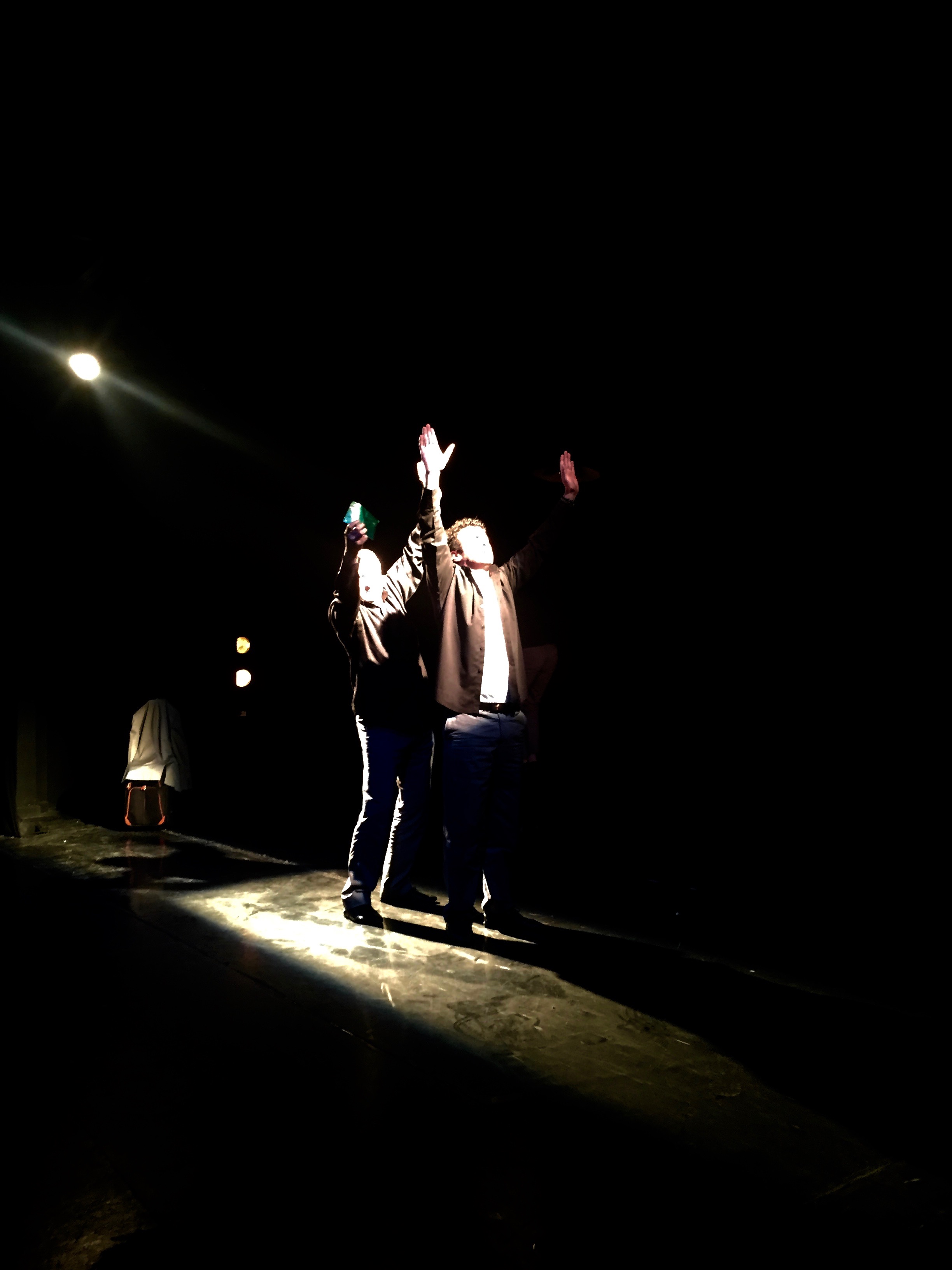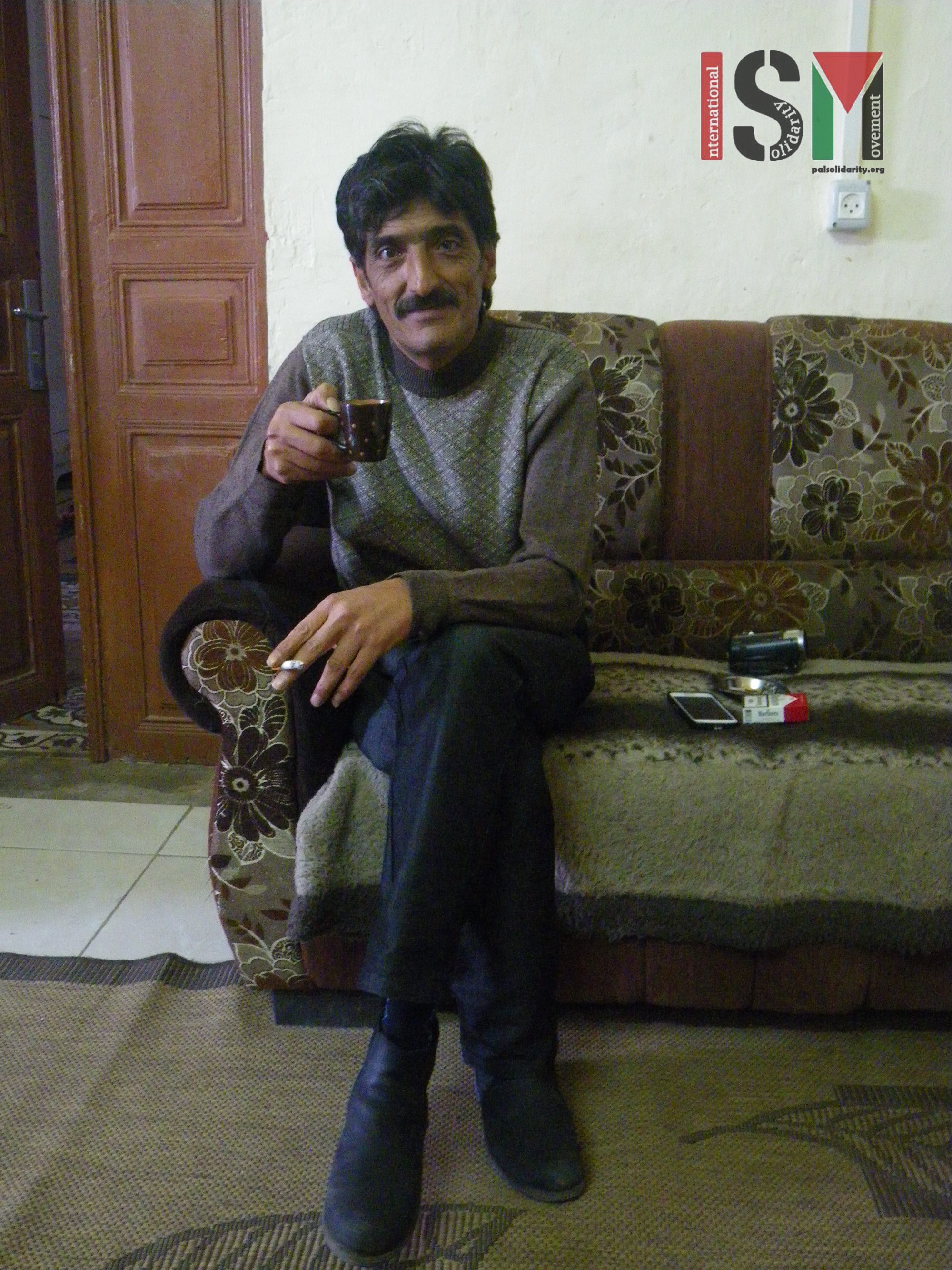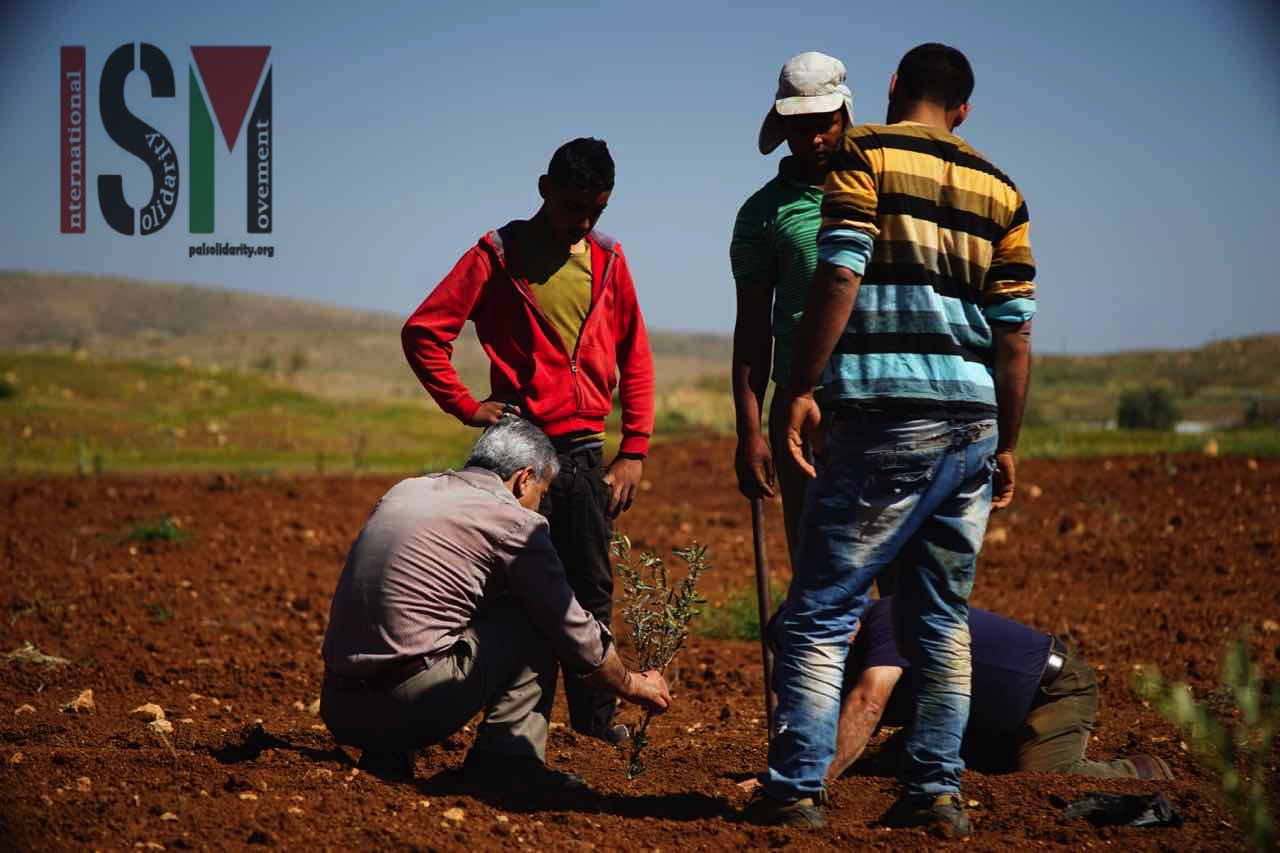Tag: Israeli forces
-
Yes Theatre: Resisting occupation through theatre and socially engaged art practice
3rd April 2016 | International Solidarity Movement, al-Khalil team | Hebron, occupied West Bank The Yes Theatre in Al-Khalil works with dedication, for a brighter future for the Palestinians in the occupied West Bank through a diverse set of cultural activities. Roughly eight new productions every year reach an audience of over thirty thousand Palestinians, and on…
-
A night of protective presence needed
3rd April 2016 | International Solidarity Movement, al-Khalil team | al-Khalil, occupied Palestine The two boys met us at the store, shouting the name of our Palestinian contact and waving us along. The cobbled stones in the alley made a nice contrast to the darkness of the night. My feet landed softly on the mud…
-
Olive tree planting connects Palestinians in the Jordan Valley
2nd April 2016 | International Solidarity Movement, Ramallah Team | Jordan Valley, Occupied Palestine On Saturday 2nd April, Palestinians and international activists alike worked together in solidarity to plant olive trees in the town of al-Bikaa in the Jordan Valley, the town falls under area C of the occupied territories. The act of planting the trees today was…



